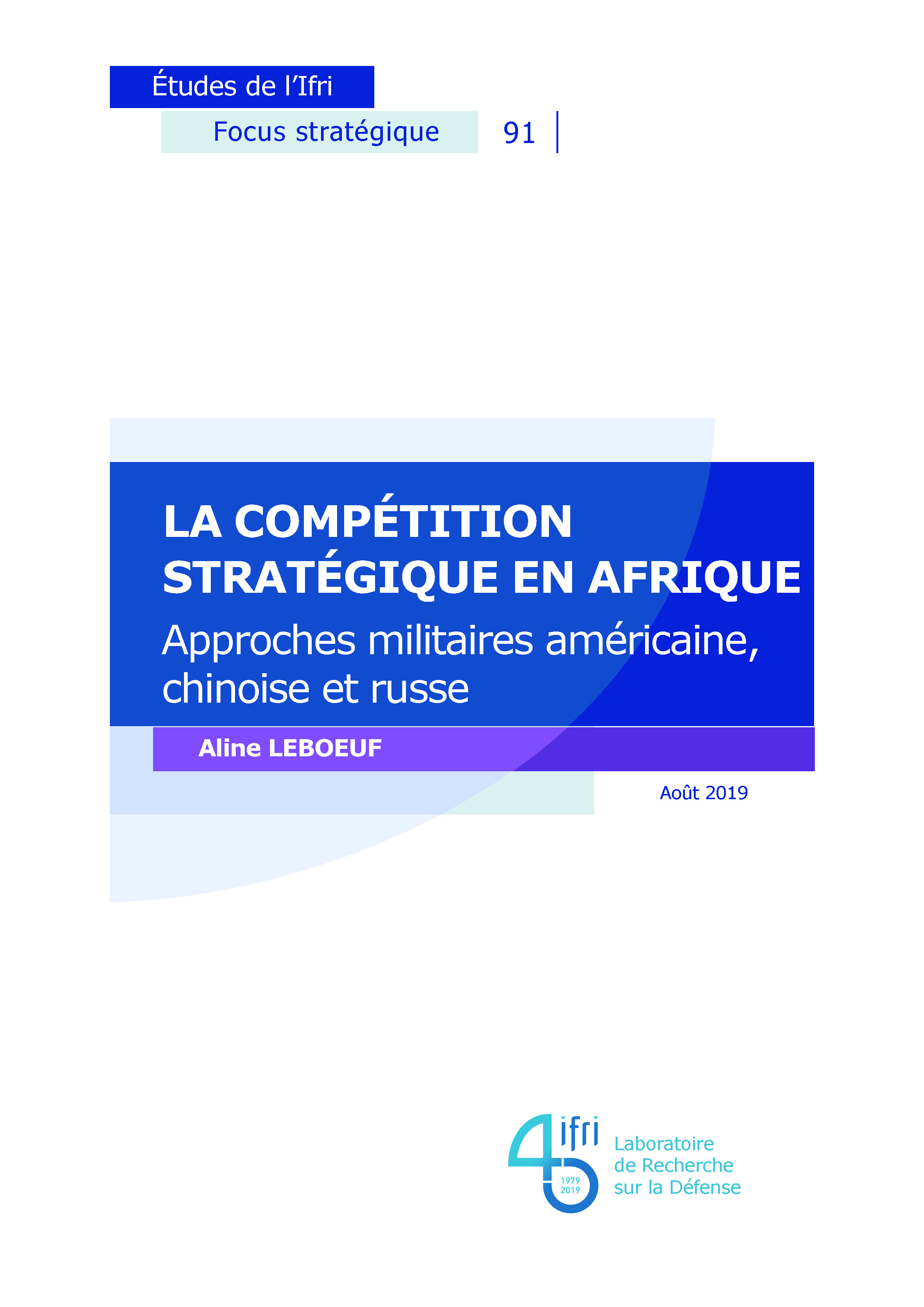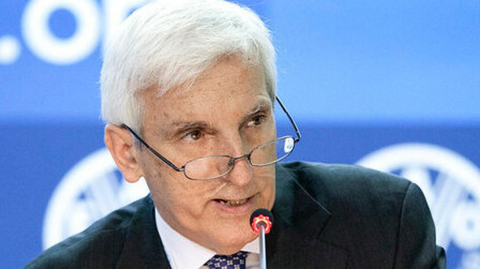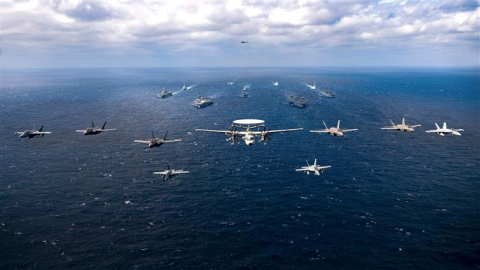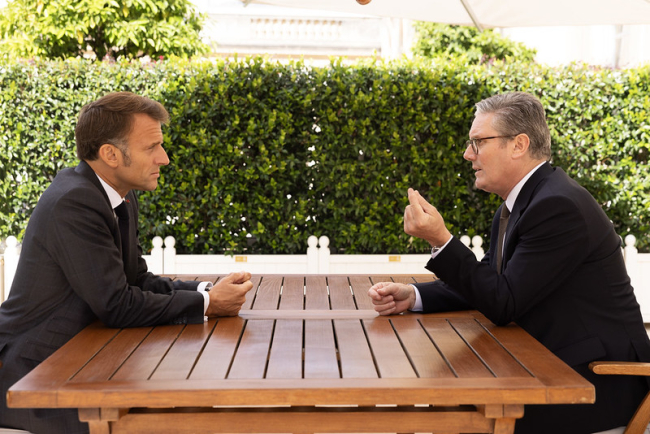La compétition stratégique en Afrique : approches militaires américaine, chinoise et russe

While it was left behind from power politics for the last decades, Africa is at the core of a renewed attention from global powers.
Africa was a crucial geopolitical stake during the Cold War, and is once again emerging as a significant area of strategic competition. Thereby, it attracts major non-European powers such as the United States, China, and Russia. Each of them seek to secure their access to the African theater of operations, through the means of funding and diplomatic agreements, construction of logistical bases, and the sustained exercise of their soft powers. They also conduct military operations on African soil. As the United States are still primarily engaged in Africa for counter-terrorism purposes, their actions on the ground are significant and coercive. As for China, its main efforts seem to be directed towards peacekeeping operations and plans for the evacuation of its nationals in the event of a crisis. For its part, Russia still restricts its operations to advisory activities. Finally, the three states are actively engaged in military cooperation, not only through arms sales, but also through joint training and exercises with their African partners. While the United States is still the dominant player in the African game, China and Russia are now catching up and increasing their involvement.
This content is available in French : « La compétition stratégique en Afrique. Approches militaires américaine, chinoise et russe ».
Related centers and programs
Discover our other research centers and programsFind out more
Discover all our analysesSaudi Arabia’s Nuclear Temptations. Lessons Learned from Regional Instability
Saudi Arabia’s integration in the international arena and regional stability, notably through reducing its dependence on fossil energies, are crucial elements for the success of the Kingdom’s Vision 2030, the Crown Prince’s top priority. However, Mohammed bin Salman’s declarations in 2018 and 2021, indicating that “if Iran develops a nuclear bomb, we will follow suit as soon as possible”, combined with the recent strikes on key Iranian nuclear facilities, do not bode well for the future of the Kingdom, the region and the non-proliferation regime at large.
The Future of Air Superiority. Command of the Air in High Intensity Warfare
Air superiority, understood as control of the air, is a cornerstone of the Western art of warfare. It is a decisive condition, albeit not sufficient by itself, to achieve military victory, as it enables the concentration of air power toward the achievement of wider strategic objectives and protects other components from unbearable attrition levels. It is best achieved through the offensive use of air power in a joint effort to neutralize the enemy’s air power.
Europe Uncovered?
As Russia continues to threaten Europe, the Trump administration is making no secret of its desire to withdraw—at least partially—from the defense of the Old
Continent in order to focus on strategic competition with China. It is thus putting pressure on its European allies to increase their investment in the military sector. The NATO Summit in The Hague in June 2025 resulted in ambitious commitments by member states to increase their defense spending.
How should Britain and France cooperate to realise the Northwood Declaration?
During his state visit to the United Kingdom (UK) last week, Emmanuel Macron, President of France, signed a joint declaration with Sir Keir Starmer, Prime Minister, on nuclear cooperation between Britain and France. The Northwood Declaration highlights that while both countries’ nuclear arsenals remain sovereign, cooperation on nuclear deterrence can ‘contribute significantly’ to the security of the North Atlantic Treaty Organisation (NATO) and the Euro-Atlantic region.
















